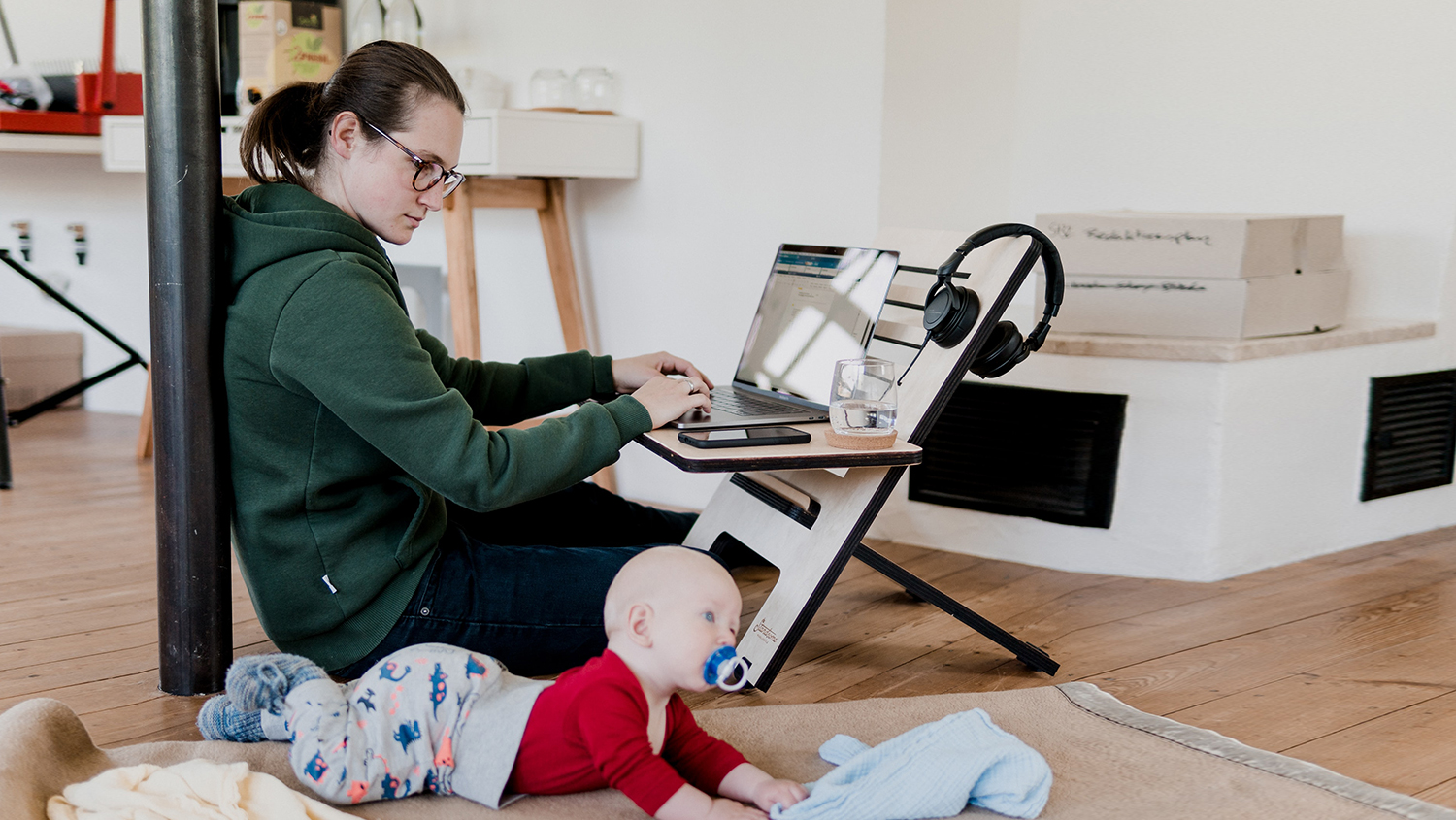After 1 ½ years of the pandemic, people are leaving their home offices and are allowed to return to their usual workspace. But many of the new remote workers don’t feel like going back to business as usual. Working from home represents an unprecedented “turning point” in the way we currently work and will work in the future. How can companies as well as employees find suitable solutions for remote work? With these four conditions:
-
Teleworking must be voluntary
Every crisis passes at some point. So did the Corona crisis, and with it the home office. Well, not quite: 70 percent of all employees who had to switch to a home office as a result of the pandemic say they still want to work from home. Not permanently, but the desire for a few days a week without commuting and morning traffic jams is great. And more than a third, 37 percent, of all jobs in Europe can theoretically be done from the home office. Nevertheless, teleworking can be an enormous psychological burden for employees if it is not chosen voluntarily. After all, not everyone likes to work mostly alone and from home. Not everyone can concentrate well within their own four walls or switch off after work. In the future, therefore, teleworking must be equally desired by companies and employees. And trust and autonomy must be given greater weight than permanent control by superiors.
-
Private and work life must be separated
People who work from home live and work in the same place. As a result, work and leisure time become much more intermingled than before. The big risk in the home office: the boundaries between private and professional life become so fluid at some point that they are difficult to separate. The assumption that they have to be reachable all the time is also a burden for many employees. Supervisors often call their employees well after regular working hours or interrupt their lunch break. Eurofound figures speak volumes: between 24% and 44% of European workers* have worked in lockdown at least once a week in their free time. The difficulties in drawing clear dividing lines lead to more stress and less time with the family.
France, for example, is trying to find a solution. In 2016, it became the first country in Europe to pass a law on the right to be unavailable…. According to this law, employees must be allowed not to have to connect to digital devices outside working hours and not be contacted by their employers.

-
Show me your home office and I’ll tell you who you are
Who hasn’t experienced it: at the kitchen table, professional files pile up with the dirty dishes from lunch. In Zoom meetings, you look in vain for a “professional” appearing background. Few employees who have been forced into the home office by the pandemic find a suitable workplace at home. Ergonomic chairs, a suitable work laptop or even a work desk that has a height that is easy on the back: Not everyone automatically has all this at home. At a regular workplace, this “luxury” must be provided by the employer.
With the onset of teleworking in spring 2020, many have found themselves in a new and unfamiliar setting. More than half of all “teleworkers” did not work from home before the pandemic. And most companies had little experience doing so either. In the short term, they introduced home-office contracts and the consequences were anything but employee-friendly: from inadequate equipment, to unrealistic expectations and a lack of support from management towards employees.
-
Collegial relationships must be kept alive
Home office may have its benefits, but collegial exchanges on Zoom definitely don’t compare to a real-life meeting or gossip in the coffee kitchen. Every fifth worker reports feeling more lonely than before due to the pandemic and home office. One of the most important points for home office to succeed is that interpersonal relationships can be maintained beyond the physical office. Here, employers have a responsibility to create new and creative opportunities for collegial networking. Since team building is an essential part of a functioning company, this must continue to be part of regular working hours and must not be sidelined by the home office.
Voluntariness, a good work-life-balance, suitable office equipment and collegial relationships are essential for successful remote work. If you adhere to these four basic conditions, you can be sure that your employees will be able to perform well, if not better than before the pandemic, from home. Let’s use the new working style in a way that benefits everyone. The companies AND the working people.
